Search
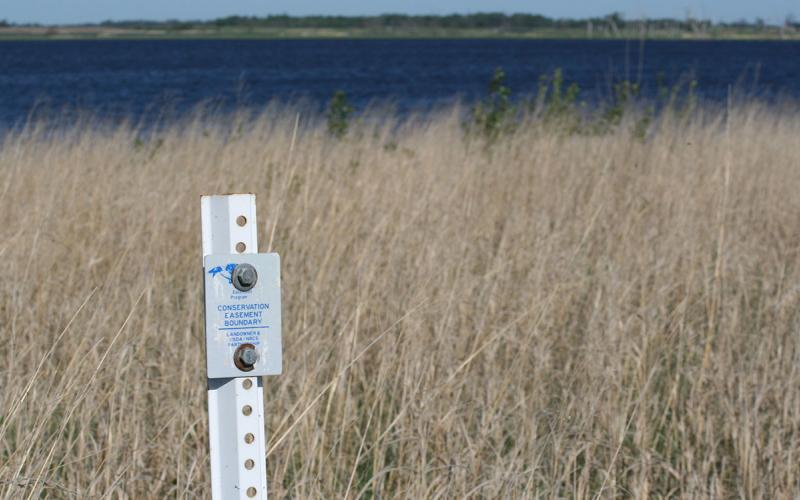
Understanding Conservation Easements
Conservation easements are a common, yet often misunderstood, real estate transaction tool. This article is intended to provide factual information regarding the rules and regulations that govern the use of conservation easements in South Dakota.

How to Make a Safe, Ready-to-Eat Cookie Dough
Ready-to-eat cookie dough is a delicious snack or dessert that can be enjoyed, but only when made safely. This includes using commercially processed heat-treated flour, ready-to-eat ingredients and using good sanitary practices when making the cookie dough.
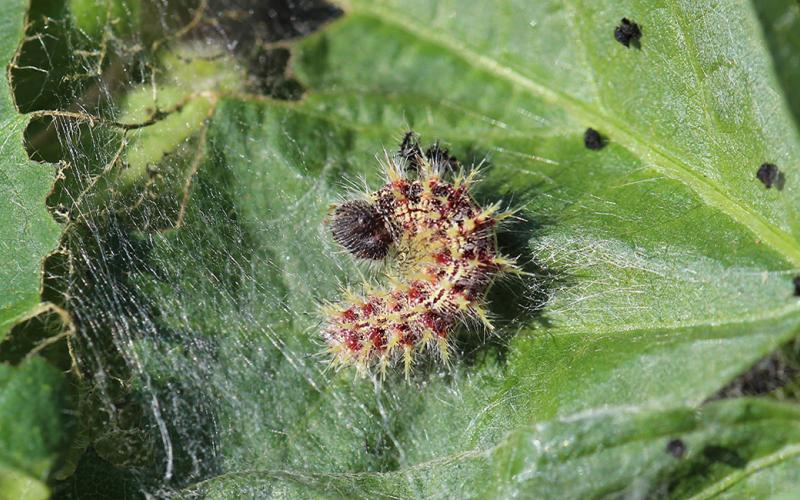
Thistle Caterpillars Observed on Canada Thistle
Although thistle caterpillars are normally first observed in July or August, it is possible for them to appear earlier if weather conditions are favorable. While these caterpillars are generally not present in high numbers, they can cause severe defoliation.
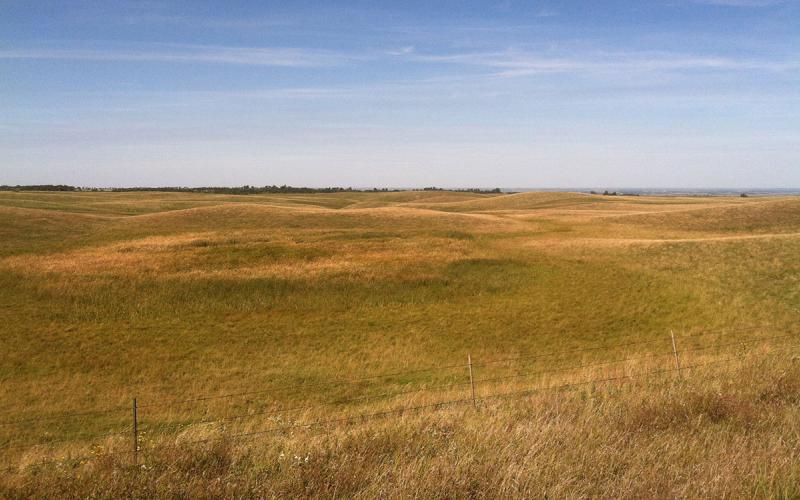
Grassland Management Do’s and Don’ts
This article is intended to address the variety of questions we receive related to establishing, re-establishing and maintaining grass-based plantings for grazing, hay, wildlife and recreation.
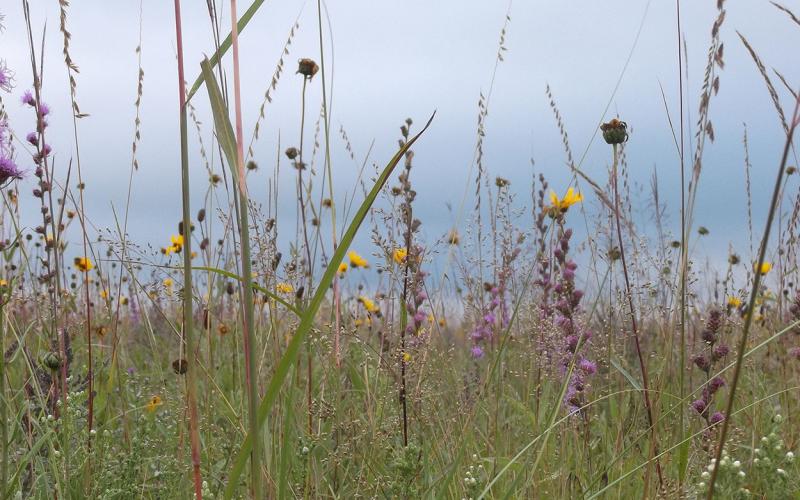
Partnerships Are Keys To Preventing Endangered Species Impacts
South Dakota’s farmers and ranchers have significant influence on the management of our state’s natural resources, especially grasslands and the species that inhabit them. These species remind us of the importance of natural resources management for the greater good.

Smart to Lead SDSU Extension Agriculture and Natural Resources Program
July 06, 2021
South Dakota State University Extension has named Alexander “Sandy” Smart as the new Agriculture and Natural Resources Senior Program Leader.
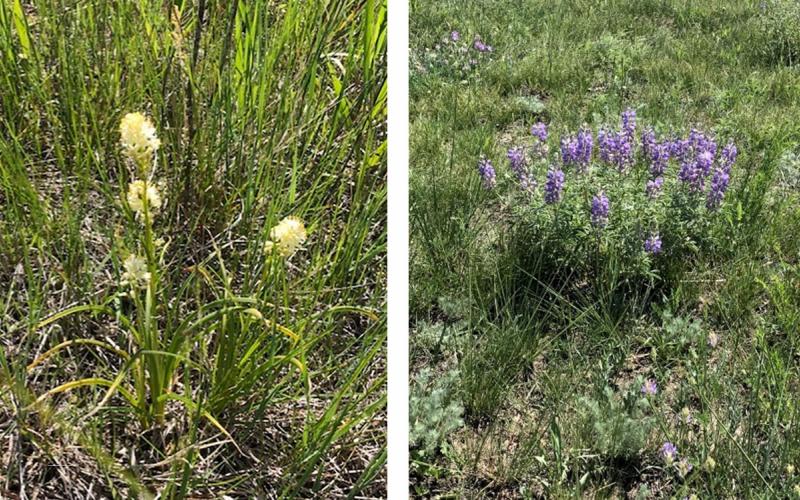
Poisonous Plants on Rangelands: Deathcamas and Lupine
With prolonged drought conditions throughout many areas of South Dakota, there is an increase of invasive weeds and poisonous plants on rangelands. Identification of poisonous plants is crucial to ensure livestock production is not compromised.
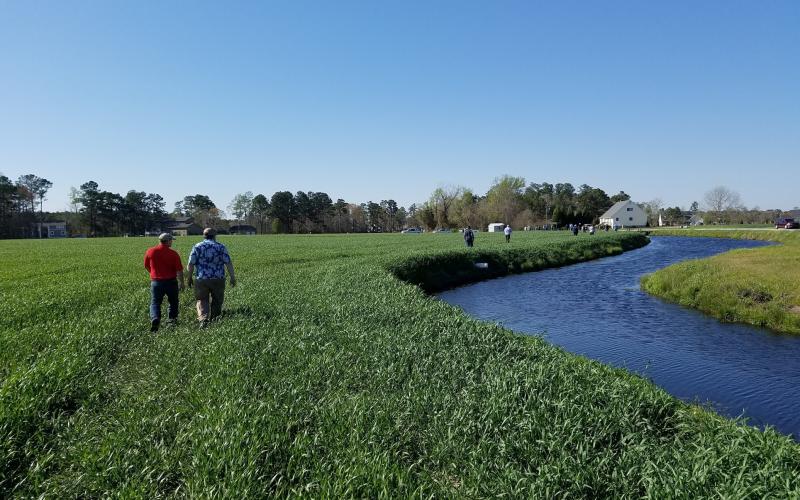
Conservation Drainage Complexities Part 1
How can farmers benefit from conservation drainage? Conservation drainage includes practices such as bioreactors, saturated buffers, wetlands and more.
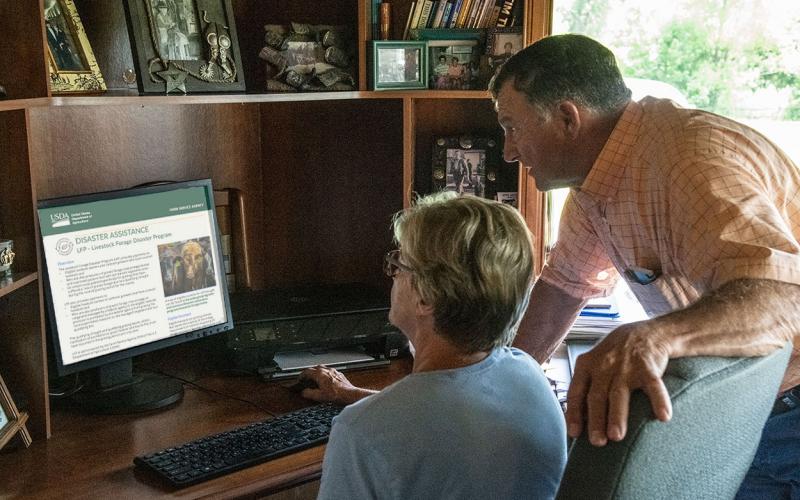
Drought Assistance Questions Answered
Dry conditions persist across the state, and many new questions are being asked regarding the federal assistance programs available from the U.S. Department of Agriculture Farm Service Agency.
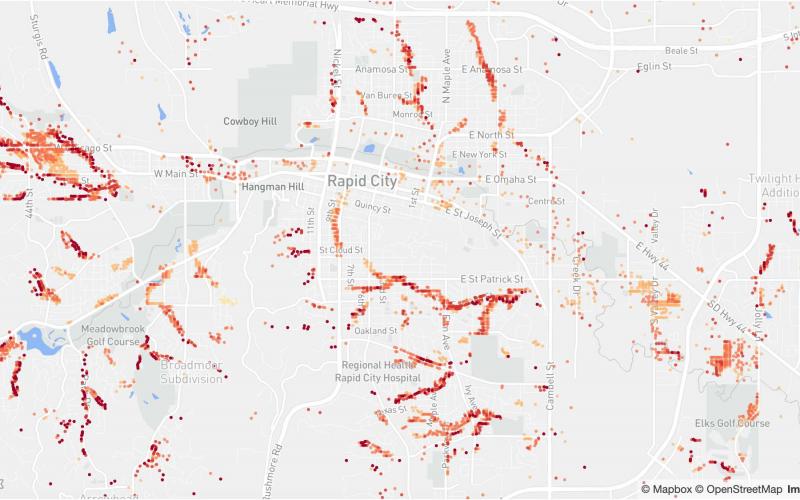
South Dakota’s Changing Flood Risk
South Dakota’s flood risk is increasing in some areas of the state according to a recent report from the First Street Foundation. In 2020, 62,600 total properties are at substantial risk, with a projected increase to 63,000 properties by 2050.